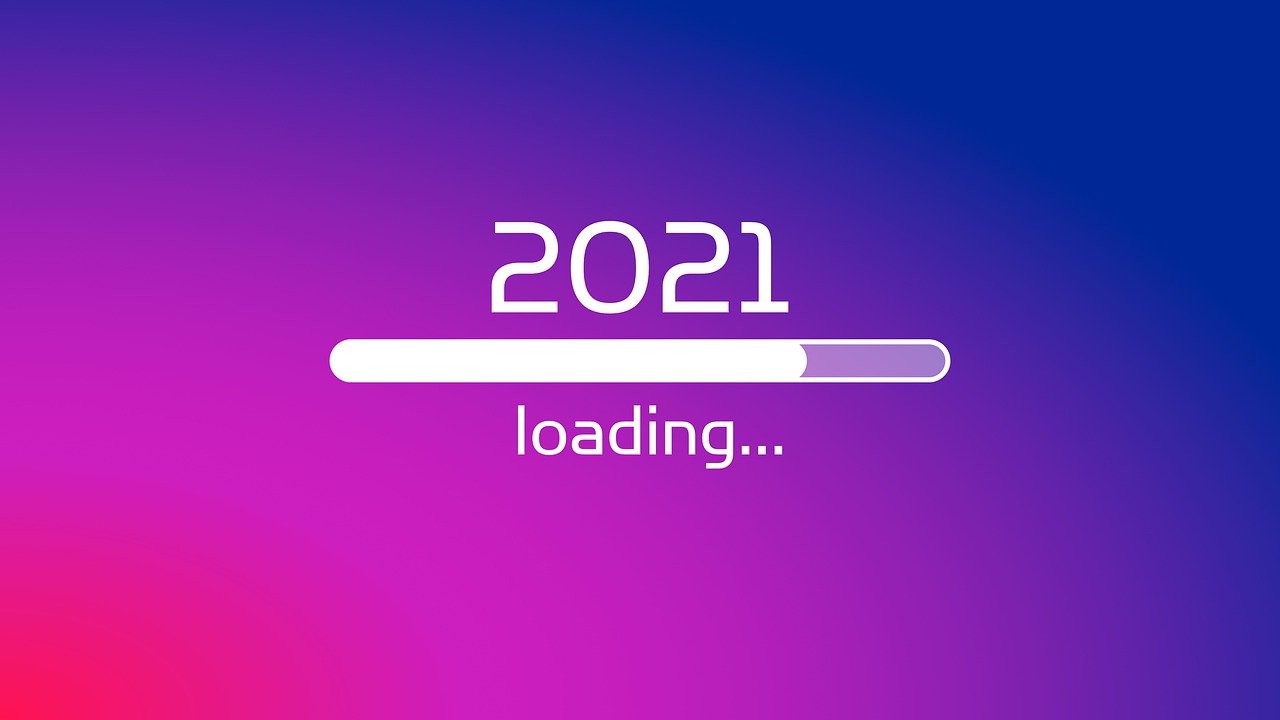3 ways to kickstart your 2021 career change
As 2020 quickly draws to a close it is time to evaluate whether we have achieved our goals over the course of the year or perhaps if you are unhappy or lacking direction it may be time to rethink your career strategy?
As the pension age rises alongside an ever-present long hours culture, we are spending a considerable portion of our lives in the workplace so it is important that our careers provide fulfillment and enrich all other areas of our lives, rather than feeling like a constant balancing act between conflicting responsibilities. Of course, every job comes with some more stressful periods however these should not feel like the norm nor should we feel dread at the thought of coming into work. If these feelings resonate with you, or your job is causing physical strain or relationship issues, a well-thoughout career change may well be the answer.
Reflect with a others
This realisation is one that can bring with it intense fear or worry about how you are going to navigate a complete career change but working with a coach can provide an important confidant and guide. These feelings may be even further heightened if you are at a later stage of your career and feel as if you have ‘wasted’ your years to date, or are a disappointment those who consider you to be a beacon of success. A coach can reassure you that career changes are possible at a later stage in your working life and all of the skills and connections you have earned to date will support you in whatever path you choose to take. There are many transferable skills which are useful in the vast majority of industries such as time management, research, organisation and presenting. Coaches can help you to create an action plan and, if you want to start your own business, decide exactly what your vision is and your base values, whilst also holding you to account on your aims.
Family, friends and trusted people can also provide important emotional support to guide you through the process. Career change can create a whole host of emotions including fear, excitement and sadness so make sure to open up to trusted people around you throughout the journey. Bottling up these emotions can only serve to cause more issues later.
Put in the research
Rather than jumping straight into your new career or job role, spend time researching the field, including where you need to invest your time in order to get ahead. Keeping up with current trends helps you to diversify your offering and stand out with a unique selling point.
The internet is a great place to get clued up and LinkedIn is a fantastic hub to connect with those in your desired role. You could reach out to people for training courses they would recommend, any job roles they know about or any of their connections that could help you gain clients. Go along to networking events – you never know when you may open the next door!
If you don’t know where to start with networking events, you can research how to build your skillset in the meantime. There is always a good reason to boost your skills, as this will make you more hirable, even if you don’t think you have enough experience in your preferred industry. You can look at online courses, but in-person classes for everything from project management to slinger signaller training shows you are committed to succeeding with your new start. From here, you can research which jobs align with your new skills, and you can start applying to jobs to begin your new career.
Create a clear plan
After reflecting and researching you are then primed to create a clear action plan for the transition. Your plan should include checkpoints along the way, but also budget considerations to ensure you are still fulfilling your responsibilities. Your new career will be your overarching goal but you need small actionable tasks along the way to help you to retain focus and ease your worries as you can see the progress you are making. These could be completing a training course, attending a networking event or creating your portfolio.
To start a business you could choose to first establish a side hustle to test out your business plan and iron out any flaws before you become reliant on it. Starting up a business can be an expensive process so this can help you raise the funds and reinvest whilst also building your client base and portfolio; making the transition easier financially and mentally. If this raises your happiness, you will instantly be more motivated to make it your full time profession.
When you feel consumed by stress it can be easy to simply think ‘this is just how it is’ – but this doesn’t need to be the case. Our careers should complement other areas of our lives so take the leap and make your desired change – don’t forget to celebrate the successes along the way!
About the author
Sarah Jones is an accredited coach, trainer and speaker specialising in career coaching, leadership, talent development and team productivity. After a successful career in PR, Sarah founded her coaching business, Sarah-J Coaching to help people find purpose, meaning and direction in their lives and careers and support organisations with talent development and executive leadership coaching. Sarah is an NLP practitioner and holds diplomas from the Coaching Academy, accredited with the International Coach Federation, and Institute of Leadership and Management — the Personal Performance Coaching Diploma, and a Corporate and Executive Diploma (both Merit). More information can be found here: https://www.sarah-j.com/

